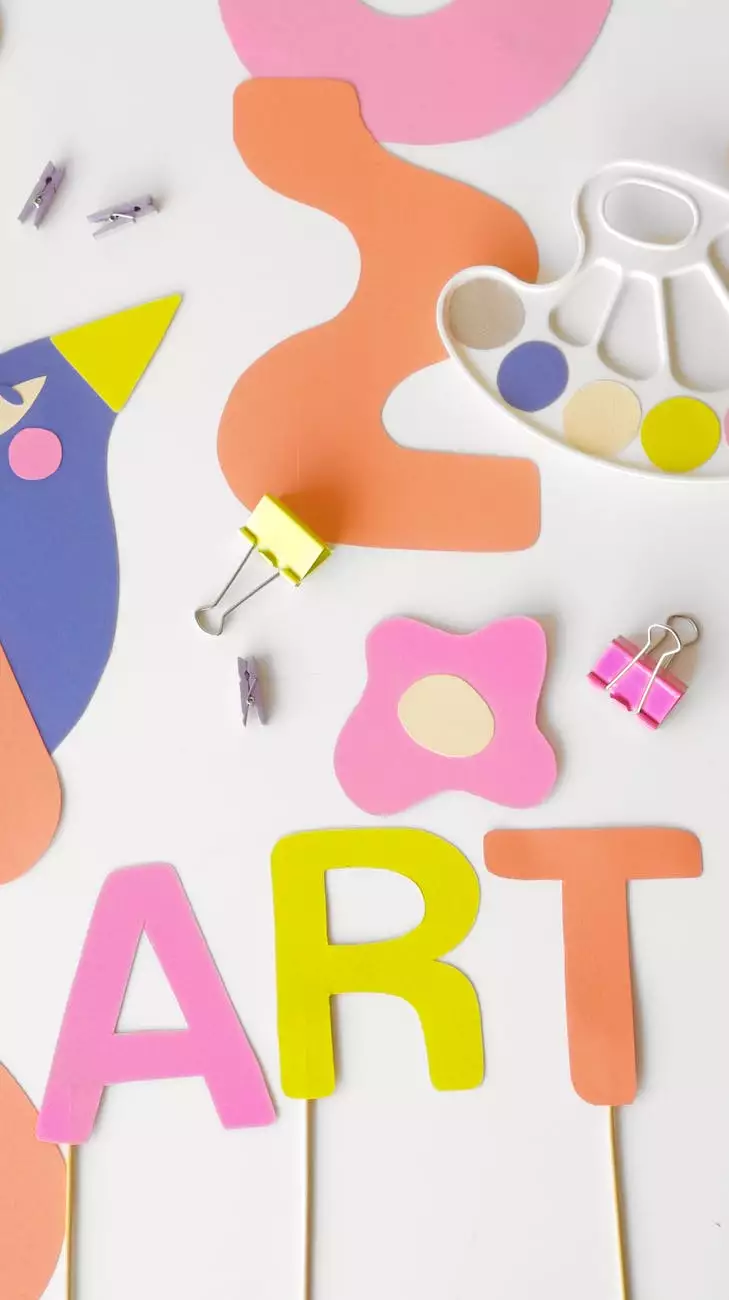Learn Phrasal Verbs – LOOK FORWARD TO
English Grammar Lessons
Introduction
Welcome to NJCLT! In this free English lesson, we will focus on one important phrasal verb: LOOK FORWARD TO. Mastering this phrasal verb will enhance your English language skills and help you communicate more effectively. Whether you're a beginner or an advanced learner, this lesson is tailored to suit your needs. So, let's dive in and explore the various aspects of the LOOK FORWARD TO phrasal verb.
Understanding the Meaning
LOOK FORWARD TO is a common phrasal verb that expresses a sense of anticipation and excitement towards a future event or action. It's used to convey our eagerness and positive expectations about something that is going to happen. This phrasal verb is widely used in both formal and informal contexts, making it essential to have a good grasp of its usage.
Usage and Examples
The phrasal verb LOOK FORWARD TO is usually followed by a noun or a gerund, indicating what you are eagerly anticipating. Here are a few examples to help you understand its usage:
Example 1:
I look forward to meeting my friends at the party tonight. We haven't seen each other in ages, and it's going to be a fantastic reunion!
Example 2:
She looks forward to going on vacation every year. It's the highlight of her year, and she can't wait to relax on the beach and explore new places.
Example 3:
We look forward to hearing your feedback on our new product. Your opinion matters to us, and we are excited to know what you think.
Tips for Using LOOK FORWARD TO Effectively
- Always use the correct preposition after the phrasal verb, depending on the context. For example, "look forward to seeing you" or "look forward to hearing from you."
- Make sure to match the tense of the verb with the rest of the sentence. For example, "I looked forward to our trip" (past tense) or "I am looking forward to our upcoming meeting" (present continuous tense).
- Use appropriate adverbs to add emphasis to your anticipation. For example, "I really look forward to spending time with my family during the holidays."
- When writing formal correspondence, consider using slightly more formal phrases like "I look forward to your favorable response" instead of "I'm excited to hear back from you."
Conclusion
Mastering phrasal verbs like LOOK FORWARD TO is crucial for improving your English communication skills. By incorporating this phrasal verb into your vocabulary, you'll be able to express your anticipation and excitement in various situations. Practice using it in different contexts to become more fluent and confident in your English conversations.
Ready to Take Your English Skills to the Next Level?
At NJCLT, we offer comprehensive English language courses designed to help learners achieve their language goals. Join our community of passionate English language enthusiasts and embark on an exciting journey of language development. Whether you're a beginner or an advanced learner, our experienced instructors will guide you every step of the way. Start your language learning adventure today!










